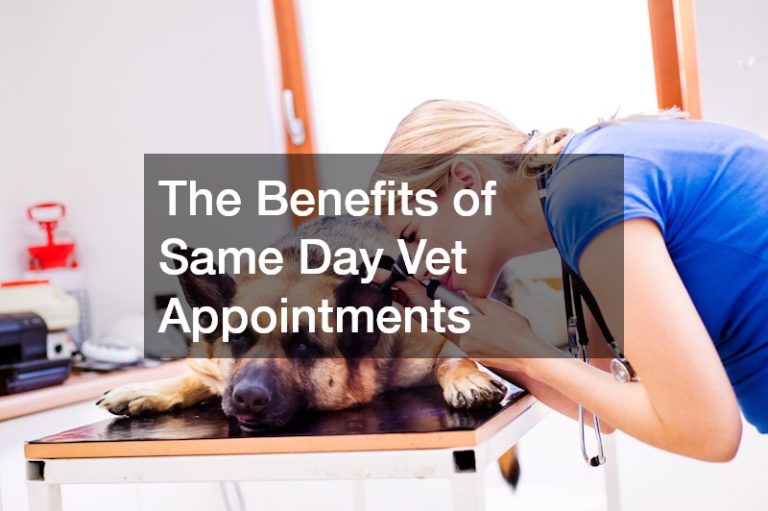
If you suspect that your pooch might need cataract dog surgery, your first step should be a trip to your regular vet. A vet should be able to tell not only whether or not cataract dog surgery is necessary, but also whether or not there might be other problems that are causing the characteristic cloudiness of the eye lens and impaired sight that are frequently found in cataracts across most species. Once it has indeed been confirmed that cataract dog surgery is needed to protect the health and quality of life of your dog, start looking for a competent cataract dog surgeon to handle the affair, if your regular vet is not equipped to handle this particular surgery.
To find a good cataract dog surgeon in your area, start with a basic search engine query on the subject. Enter the phrase veterinary cataract surgeon reviews, as well as the name of your city or metro area, and you should be greeted with many excellent results. Look through each review of cataract dog surgeons you can find in your area, and note which ones are most consistently reviewed as being kind, caring, competent, and accommodating.
At this point, you should call each and every cataract dog surgeon on your aforementioned list in order to get an idea of how much the surgery costs at their office, when you can make an appointment to have your dog seen to, and whether or not any pet insurance you may have is accepted at their clinic. Once you feel comfortable with a particular cataract dog surgeon, make an appointment as soon as possible, and ask what you need to do beforehand to make sure that the surgery goes as smoothly as possible for your pet. Once the cataract dog surgery has been performed, follow the post operative recovery instructions to the letter, and your pooch should be feeling better in no time!


